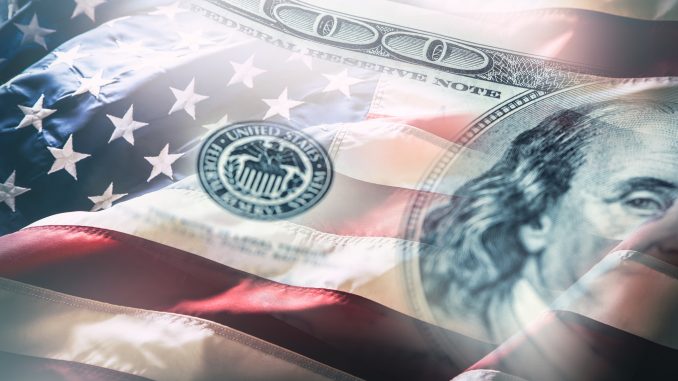
By Hank Russell
The elections nationwide focused on affordability, but some of the candidates went up a step further, calling for the top 1% of all earners to “pay their fair share.” That became the rallying cry for Mayor-elect Zohran Mamdani, who proposed a tax hike on the city’s top earners and raising corporate tax rates on businesses with $5 million or more in profits from 7.25% to 11% — the same as New Jersey’s.
Mamdani’s proposed initiatives seemed to have struck a chord with New Yorkers. A recent Siena College poll commissioned by Invest in Our New York and People’s Action Institute found that 64% of respondents supported raising income taxes on the top 5%, according to City & State. Further, 62% supported raising the corporate tax rate, including 77% of Democrats and 59% of moderates.
Oxfam America, an anti-poverty and social justice organization, said the rich should pay their fair share by raising taxes on billionaires and establishing a wealth tax. “The tax code should be designed to work for ordinary people, not rigged to produce the world’s first trillionaire,” said Rebecca Riddell, the senior policy lead for economic and racial justice at Oxfam America.
Smart Asset recently released a study showing that New York’s top 1% of earners pay $79,488,609,000 in total income taxes, which is one of the highest amounts in the nation. California’s super-rich paid the most collectively at $122,452,981,000. In addition, the Empire State’s top earners’ share of income taxes paid is 46.26%, the fourth-highest behind Wyoming (54.67%), Florida (53.62%) and Nevada (51.12%). It was also reported that New York’s share is higher than the nation’s, which is 37%.
New York had the fourth-most households of top earners with 91,840, according to Smart Asset, behind California (175,045), Texas (128.130) and Florida (105,101). The average gross income (AGI) of New York’s top 1% was $3,133,515 a year. Wyoming had the highest AGI at $4,079,658, ahead of Florida ($3,525,962) and Connecticut ($3,427,135). Interestingly enough, Wyoming had 2,611 households with top earners — the lowest in the nation.
So, based on teh data, do New York’s super-rich pay their fair share?
“Despite evidence to the contrary, there are still frequent cries that the rich are not paying their fair share in taxes,” said Thomas Savidge, a research fellow with the American Institute for Economic Research, in an article he wrote back in May.
Independent Institute Senior Fellow Phillip Magness said the claim that billionaires pay little to no taxes is “a myth,” adding, “[A]n abundance of evidence attests to the steep progressivity of our tax revenue structure.” Magness pointed out that the federal income tax system “remains steeply progressive, and has gotten more so over the last 40 years as tax reforms have shifted the burden onto higher income brackets and reduced or eliminated this levy on lower-income earners through expansive tax credits. Billionaires shoulder the lion’s share of government operations in the United States, and do so by intentional design of our tax code.”
“What constitutes a ‘fair share’ is often incredibly vague,” Savidge added, “but almost always means ‘more than what the people wealthier than I am are currently paying in income taxes.’”

